Fogadóórák 2024/2025 tanév - I. félév
A Tanszék dolgozói
Prof. Dr. Biczó Gábor
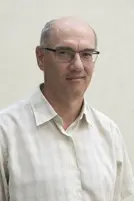
Publikációk: mtmt
Prof. Dr. Bocsi Veronika
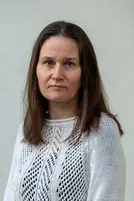
Publikációk: mtmt
Dr. Lovas Kiss Antal
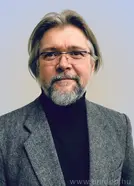
Publikációk: mtmt
Nagygyőryné Kerti Ibolya
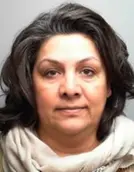
Publikációk: mtmt
Tóth Norbert
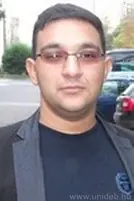
Publikációk: mtmt
Karunkon 1989-ben az országban elsők között alakult társadalomtudományi tanszék. Oktatóink a kar összes nappali és levelező, valamint kihelyezett és szakirányú továbbképzésében részt vesznek. A tanszék társadalomtudományokkal és nyelvoktatással foglalkozó oktatókat fog össze. A kulturális antropológiai, filozófiai, szociológiai végzettségű kollégáink a karon folyó társadalomtudományi és kutatásmódszertani kurzusok oktatását látják el. A tanszéken dolgozó nyelvtanárok pedig nyelvvizsga felkészítő kurzusokat és szaknyelvi szemináriumokat vezetnek, valamint rendszeresen nyelvvizsgáztatnak angol, német és lovari nyelveken.
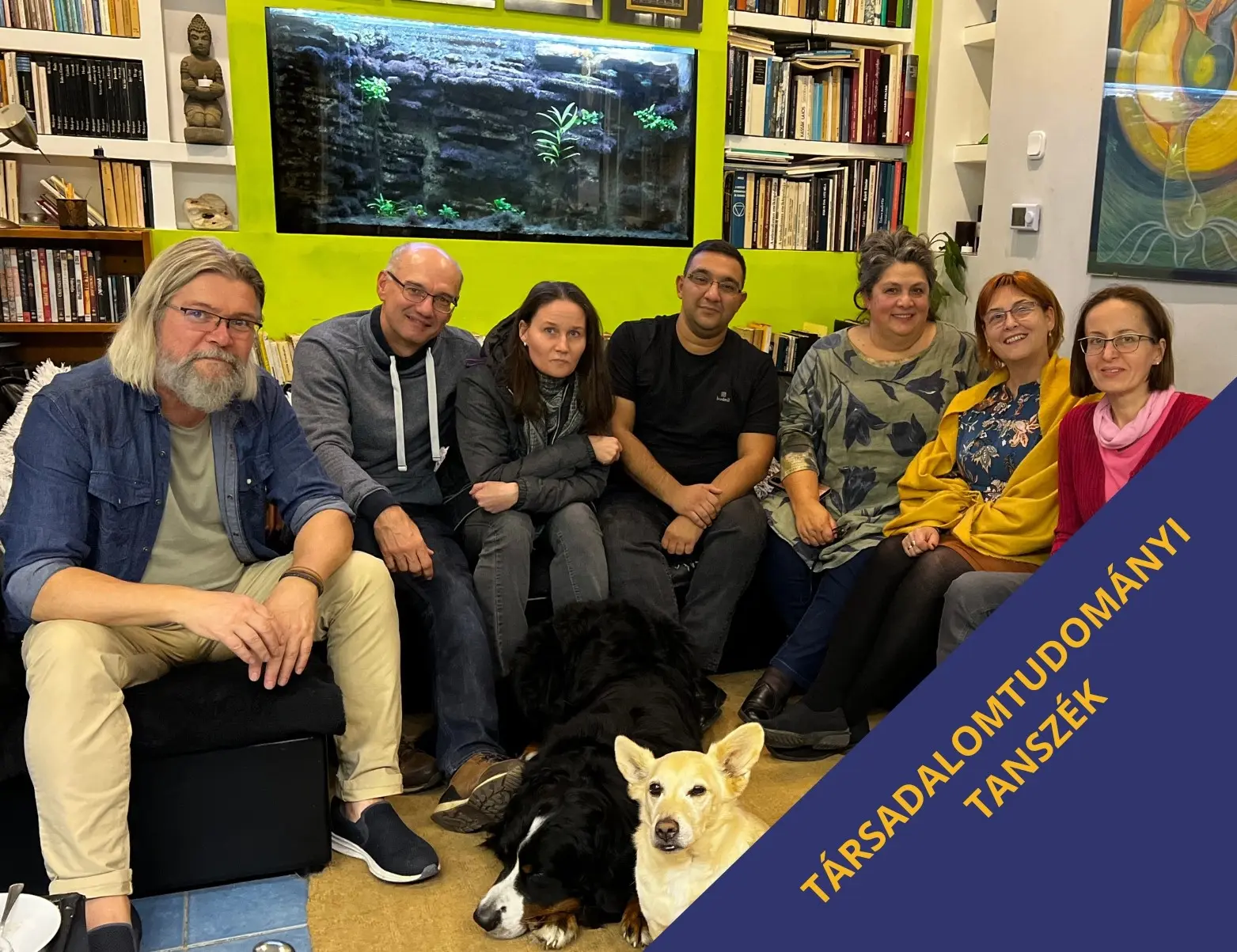
A tanszék oktatói az alábbi területeken vállalnak jelentős szerepet
- Oktatás romológia, szociálpedagógia, gyógypedagógia, óvodapedagógus, csecsemő- és kisgyermeknevelő alapképzésen.
- Oktatás szociálpedagógia mesterképzésen.
- A romológia alapszak képzési tervének kidolgozása.
- Hazai és külföldi terepgyakorlatok szervezése, lebonyolítása.
- A kar nemzetközi kapcsolatainak koordinálása.
- Részvétel a kar hazai és nemzetközi konferenciáinak előkészítésében.
- Erasmus ösztöndíjas hallgatók fogadása, koordinálása és küldése.
- A hallgatói tehetséggondozásban résztvevő hallgatók mentorálása (DETEP), az ehhez kapcsolódó pályázatok menedzselése.
- A roma szakkollégium működésének segítése.
A tanszék munkatársai az alábbi témákban végeznek kutatómunkát
- romológiai kutatások
- lokális közösségek vizsgálata
- etnikai együttélés vizsgálata
- felsőoktatás kutatás
- kétnyelvűség és idegen nyelvek tanulása a koragyermekkorban
Romani Studies BA
The University of Debrecen Faculty of Education for Children and Special Educational Needs has obtained the opportunity to launch Romani Studies (Romology) BA course. The main objective of Romani Studies is to train those kinds of experts who are capable of conveying issues, problems concerning roma communities. The institutions and social organisations which are in contact with roma people are the major targets.
Students acquire a wide range of awareness in the field of social science. They get acquainted with the culture, language, history and literature of roma groups. In addition, they become aware of the social situation, legal and institutional system of roma and disadvantaged groups in Hungary.
For the practical implementation of local communities and wider spectrum of social science research, students learn the appropriate methodology which is prevalent during social science research. The effectiveness of this is ensured by the fact that the participants are familiar with the phenomena and issues at first hand.
Getting to know the language of the targeted community is an essential factor. As a result of it, students are given the possibility to learn the lovari (gypsy) language at a high conversational level and to get hold of an intermediate language certificate. Being able to speak the language of the community also contributes to the efficient implementation of field research, as students will be able to establish relationships with the target group.
The main disciplines leading to the qualification:
- Humanities and social sciences that develop general competencies
- Professional grounding knowledge (introduction to linguistics, literary science, romology; socialization and minority identity; territorial-social knowledge focusing primarily on roma communities)
- Cultural and ethnographic knowledge (cultural anthropology, ethnographic research among roma, music and dance culture of roma communities, roma literature and fine arts, research methodology)
FIELDWORK COURSES AND FIELDTRIPS INTO LOCAL COMMUNITIES AND EDUCATIONAL INSTITUTIONS
At our Faculty (University of Debrecen Faculty of Education for Children and Special Educational Needs) the students can study different pedagogical majors: social pedagogy, preschool pedagogy, special educational needs. We offer courses for all of our students in order to be able to approach their subjects practically and efficiently. In our educational philosophy the fieldwork (and field research) has accentuated function and we motivate all of the students of us to undertake fieldwork activity during their academic years.
Fieldwork courses
Within the framework of the fieldwork courses the students can pick up the basic theoretical, methodological and practical knowledge concerning the anthropological approach to the sociocultural features of a local community as a whole. The courses are designed to introduce students to the anthropological study of different cultural phenomena including ways of comparing and contrasting the structures of social relationships, the ethnicity, religious background of the communities as well as the socioeconomic characteristics of the local societies. During the education we use literature and films to explore topics such as cultural diversity, disadvantaged social status, and environmental deprivation. The introductory fieldwork courses are required preliminary lectures for the students who are planning to take part in the fieldtrips and who plan to be involved in the field research.
Fieldtrips and field research
Our Faculty has established a complex network of research spots in the last decade. This network covers the Debrecen University recruiting region that is the East and Northeast Hungary. In addition we have nominated research spots also along on both sides of the Hungarian-Romanian borderline. Kindergartens, day nurseries, local rural communities, segregated Romani communities, ethnic self-governments are involved into the research-spots network where the students might become acquainted with the local and situative features.
Once in the field, the students may employ a variety of techniques to gather data. After seeking consent from involved local inhabitants, the researchers might conduct interviews with the help of the teachers and research assistants. The field visit offer good chance in certain circumstances to observe individuals interacting more naturally, without interruption. Field notes or visual records can help the students assemble information for later study and analysis.
We have two types of field research. The shorter type is a daylong field trip conducted by a teacher. The longer type when our students spend an average five days on the field.
According to the feedback of our former students the field researches are evaluated as the most memorable activities of their academic years.